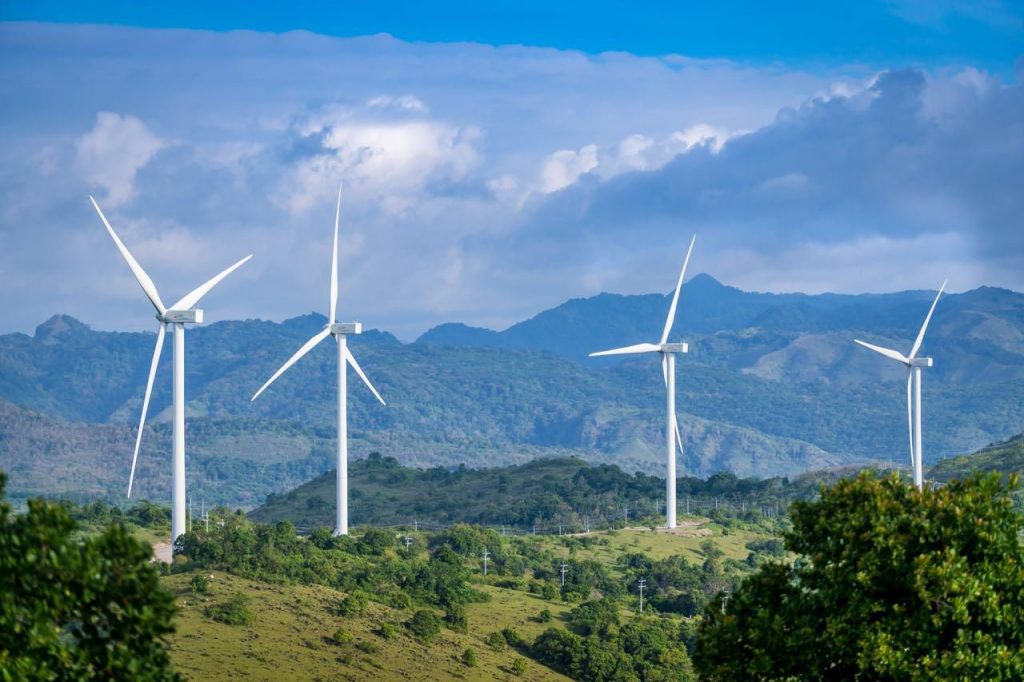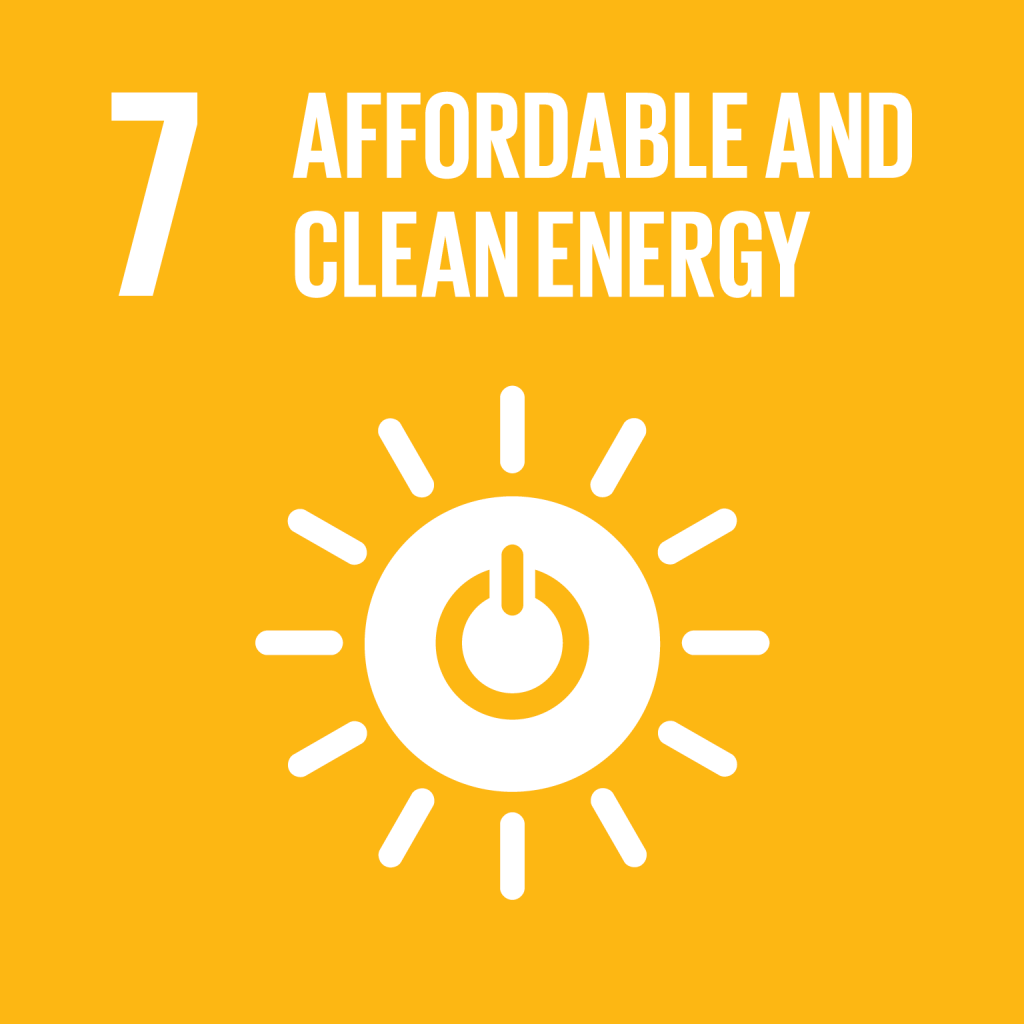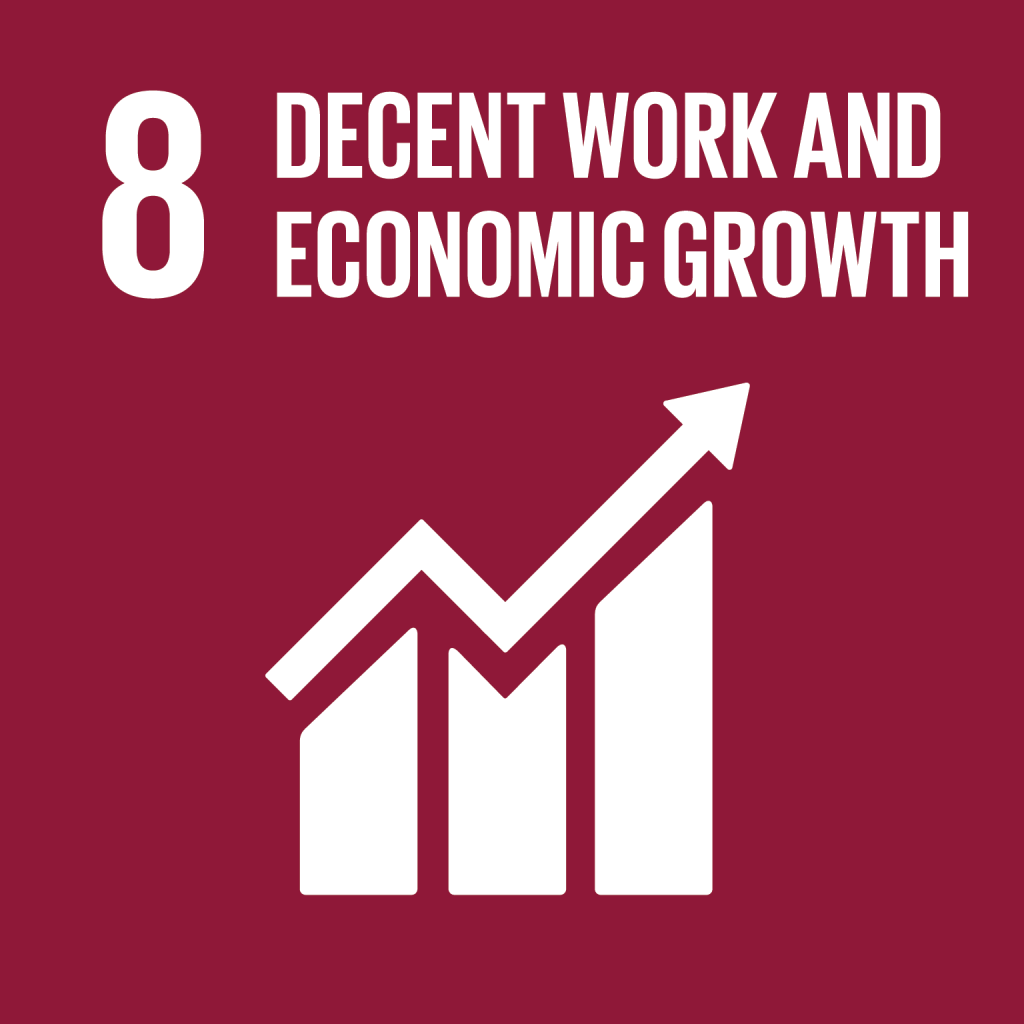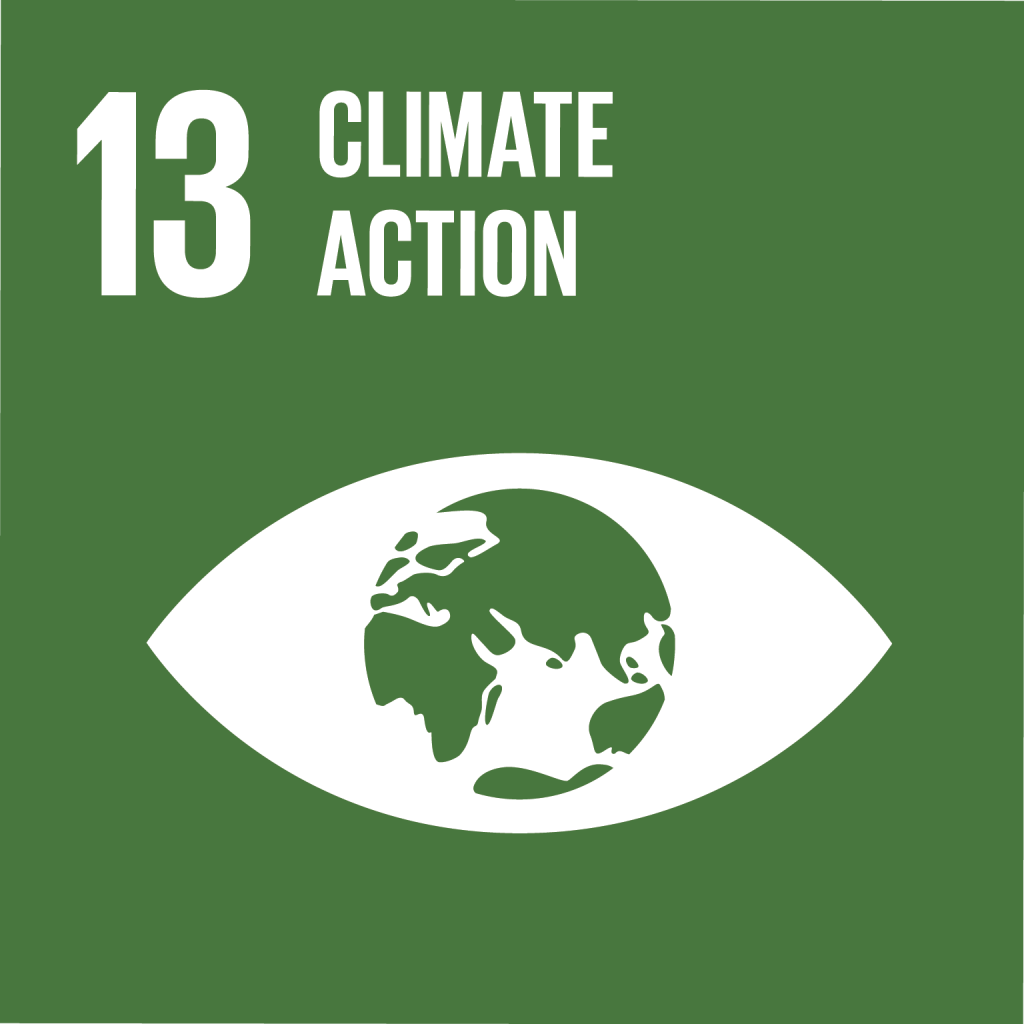We have now offset another 50,000 ton CO2eq in a Gold Standard certified project! Thank you for taking part in this!
Renewable energy has to make up a larger share of the market globally, which is why we are now financing the Belen Wind Project in Turkey. The major purpose of the project activity is providing electricity from renewable sources to the rapidly growing Turkish electricity market.
The project is expected to generate about 135,000 MWh of electricity per year and prevent approximately 74,444 tonnes of CO2 emissions annually compared to the baseline scenario. Even though wind is increasing in Turkey, there is a heavy reliance on fossil fuels such as oil and coal, and the share of natural gas has grown to reach the same proportion as the other sources. We want to finance this kind of projects to show that there is support for sustainable energy, and spread awareness of the feasibility of better alternatives.
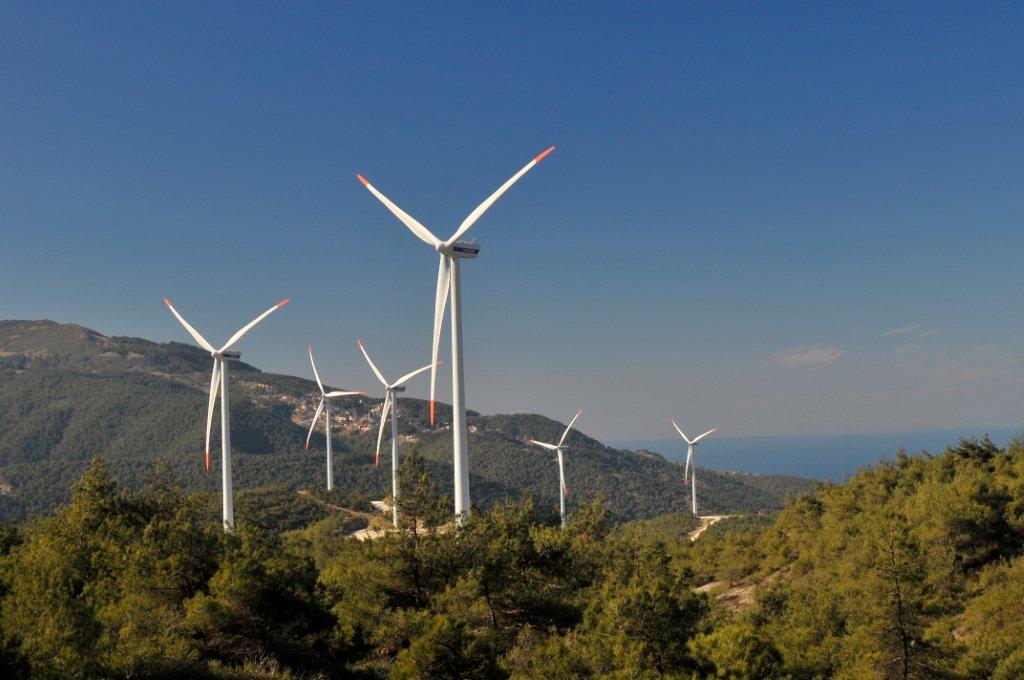
This project consists of an installation of 16 wind turbines, each having a capacity of 3000 kW, in Belen, on the Southeast Mediterranean coast of Turkey. The wind farm provides a total capacity of 48MW and is connected to the national grid. The project employs state of the art technology and installed high capacity 3MW turbines instead of 1.5MW turbines that used to be installed in the earlier days of wind energy developments in Turkey. These new turbines enable better use of the wind potential with a reduced project footprint area, minimising the impact on the natural environment.
It is worth mentioning that if not prepared and designed properly, wind energy can have negative environmental impacts. This is why it is important to do a so-called Environmental Impact Assessment. As we purchase credits from projects certified by Gold Standard, there has been a rigorous control of the risks as all projects have to comply with the “Safeguarding Principles and Requirements” . This covers human rights, gender issues, corruption, water and land use, and other potential impacts. Another important part of the project preparation is the stakeholder consultation, which is also documented in Project Design Document.
For this project in particular, it is described in the Project Design Document that ”…some trees will be cut in order to enlarge the road to the site and to clear the surroundings of the turbines. However; it was assured that new plantation will be done in return by local Forestry Management”. Other issues addressed in the preparation phase was the concern for bird migration in the area, and potential impact from waste and water usage during the construction phase. Having this information available is mandatory, and is how we know we can trust the project. It allows for accountability, so that we can hold the project developer responsible for the impacts and mitigation measures.
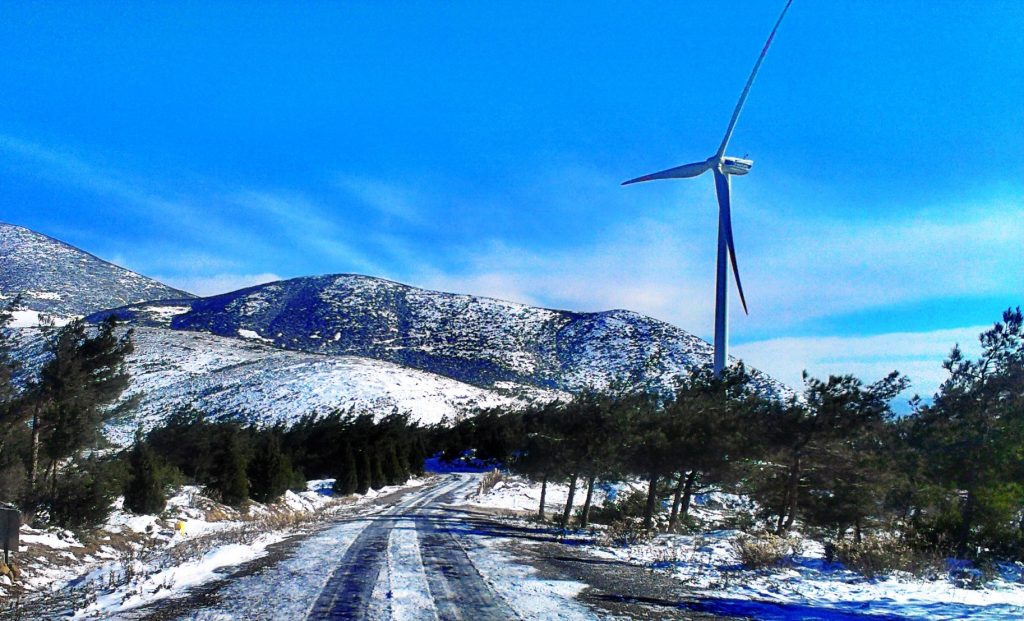
More information about this project in the Gold Standard registry (including verification and monitoring reports) HERE
